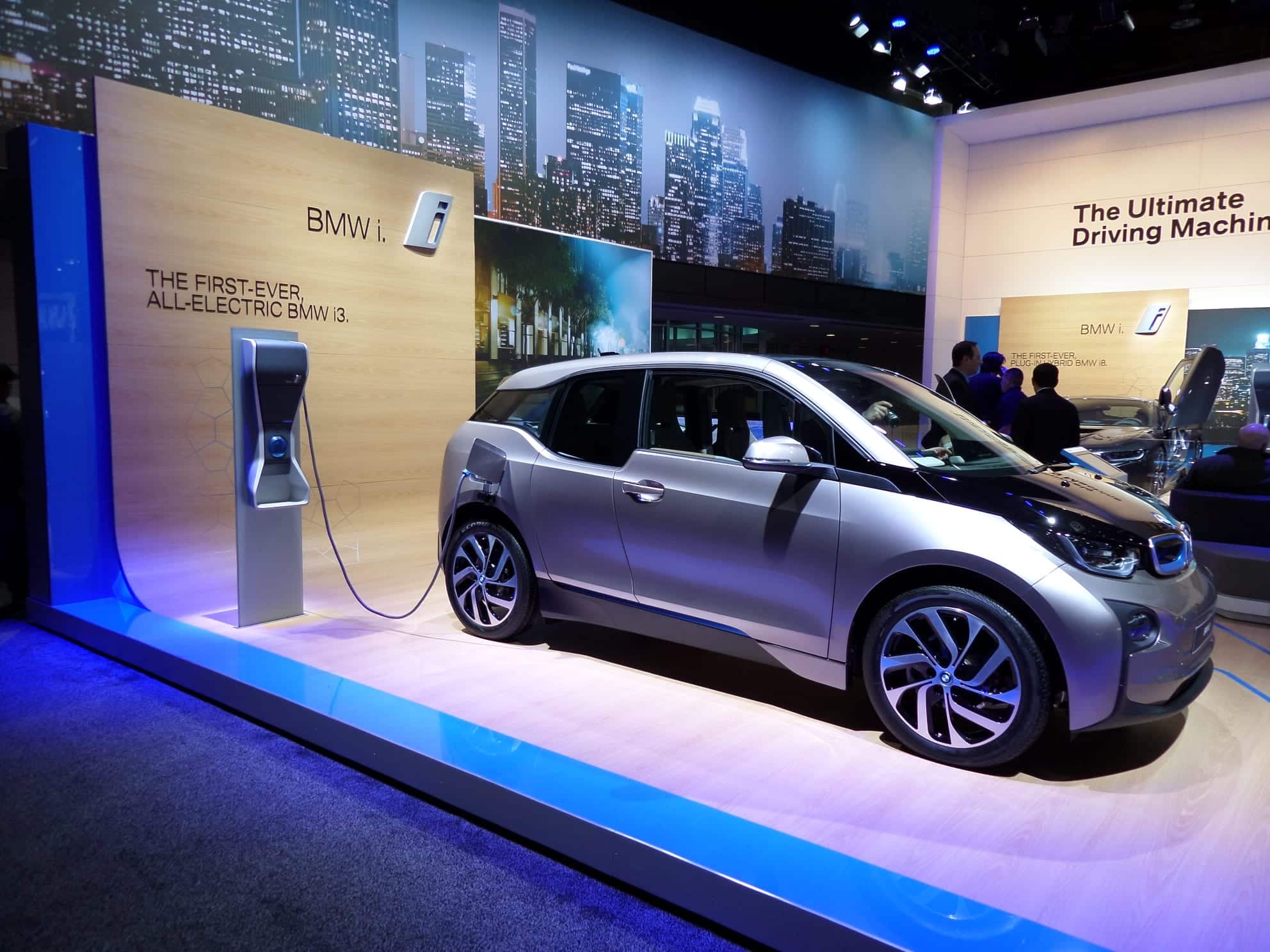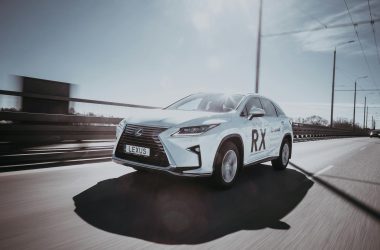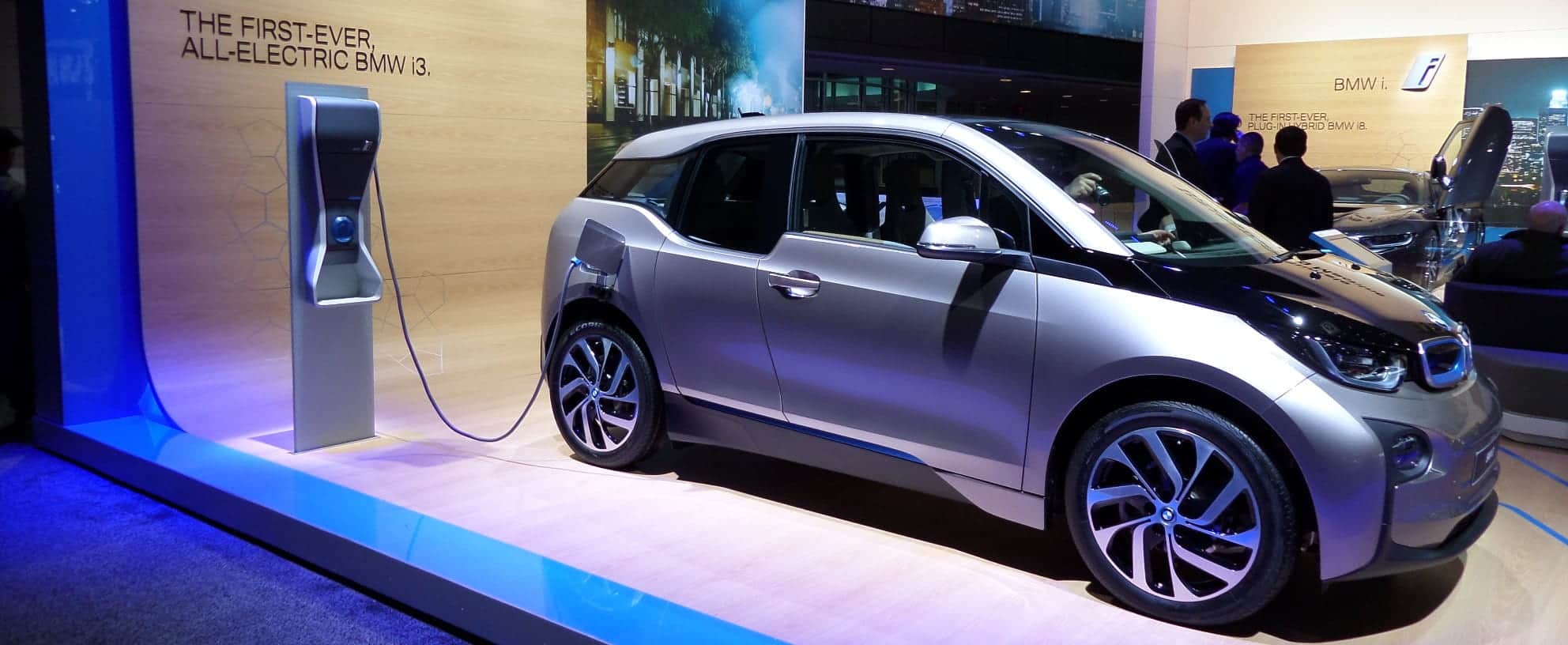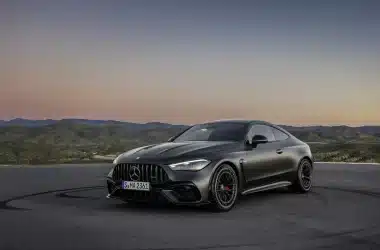Several years ago, hydrogen car technology appeared to be promising, and government funding for hydrogen generation and fuel cell technology was flowing. Hydrogen can be generated using oil and gas, or even better: using wind power, solar power, or any other source of electricity that happens to be available. This provides the ultimate flexibility, and it was a potential window of opportunity for combustion engine fans to reduce their emissions without having to give up that rumble they have come to know and love.

Image Credit: Kompulsa / Nicholas Brown.
In addition to that, hydrogen can be used instead of energy storage to back up wind farms and solar power plants. These surplus electricity generated by these plants (if any) could be used to extract hydrogen from water via efficient electrolyzer technology, and pump it into a hydrogen tank. That hydrogen could then be used to generate electricity at night, augment electricity production capacity during cloudy weather, or back up wind farms during stagnant periods.
The main benefit of hydrogen-fuelled vehicles over electric vehicles is their ability to refill quickly (in 10 minutes), while electric cars typically take more than 20 minutes. Several years ago, electric cars took hours (at least) to charge, so this benefit was much more notable then. Using an electric car just means you’ll have to get a sandwich while you’re waiting for it to recharge. It doesn’t take THAT long anymore, plus — electric vehicles can easily be charged at home overnight.
I won’t unfairly say that hydrogen refuelling stations are uncommon compared to electric car charging stations, as refuelling stations can and probably would be built if hydrogen cars were common. However, hydrogen refuelling stations are much more expensive than charging stations. EV charging stations only cost a few thousand dollars, while hydrogen filling stations require high-pressure storage tanks and pumps which cost many times more. There is also the high cost of hydrogen storage tanks (anything that has to store a gas or liquid at 10,000 psi must be expensive).
Before I continue, it’s best to clarify the difference between hydrogen-burning cars which rely on combustion engines, and hydrogen fuel cell cars. Hydrogen-burning cars are inefficient (because they rely on combustion engines, which are always inefficient, regardless of fuel), so they would cost a fair bit of money to operate. That would amount to the cost of wind or solar power used to generate it. Wind power doesn’t cost much compared to the other energy sources (it is in the 9 cent/kWh range in the U.S.), but the hydrogen would still be expensive due to the massive quantity of it that combustion engines require.
Combustion engines in general are under 38% efficient (often in the 20%-30% efficiency range), this means that all of them waste well over half their fuel. Electric car motors are usually more than 80% efficient, and some exceed 90%. Electric cars are a more efficient use of wind and solar energy. They can also store it and help back up the electricity grid if the vehicle-to-grid concept makes it into the mainstream.
As for fuel cells — fuel cell cars are electric, but they rely on built-in fuel cell technology as a source of electricity. Fuel cells are currently too cost-prohibitive, but they are far more efficient (and hence more promising) than hydrogen combustion engines.









